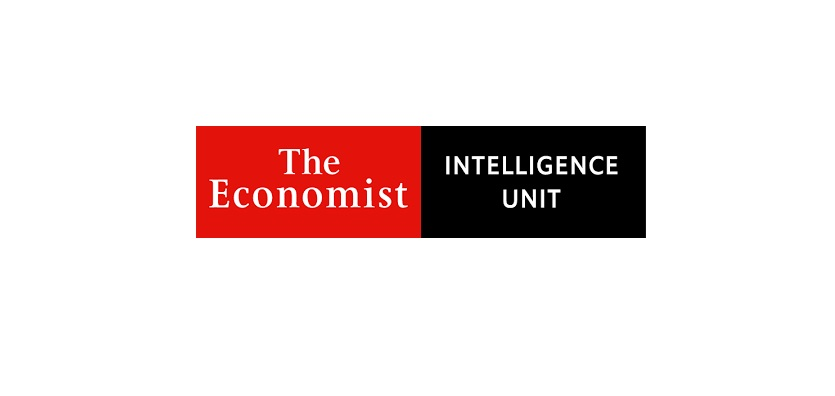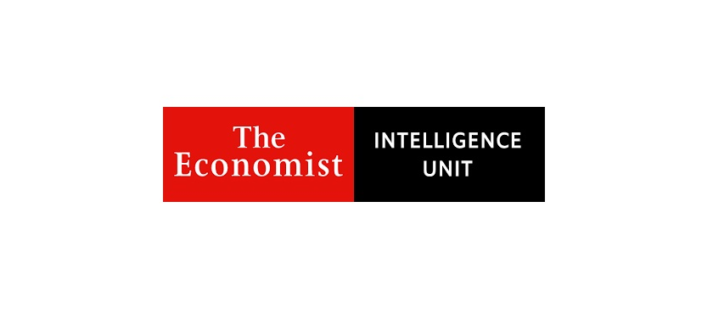
The 2018 Nuclear Security Index shows a welcome acceleration in nuclear security gains, but terrorism, cyber-risks and political instability cloud the future
Global efforts to strengthen nuclear security have accelerated but cyber-, terrorist and political threats are rising, according to the fourth edition of the Nuclear Threat Initiative’s Nuclear Security Index (NTI Index). Developed by NTI with analytical support from The Economist Intelligence Unit (The EIU), the NTI Nuclear Security Index is the foremost tool for assessing nuclear security globally. Deteriorating political stability (including worsening corruption and flagging government efficiency) can hinder the implementation of nuclear regulations, and, in extreme instances, enable groups seeking to acquire nuclear materials or access to nuclear facilities—concerns that are only heightened in light of the fast-evolving cyber threat.
Key findings from the 2018 NTI Index include:
- Having stalled in 2015-16, progress towards increasing nuclear security has accelerated over the past two years, in large part owing to notable improvements in security and control measures.
- For the fourth time Australia earns the highest score in the “theft ranking” for countries with weapons-usable nuclear materials, but Switzerland is now tied for first place having reduced its stocks of nuclear materials. Overall, six countries took steps to reduce their quantities and sites of fissile materials, but four countries increased their quantities.
- The cyber-threat is evolving rapidly, but progress in countering the threat is in many cases halting and uneven. To more fully capture cyber-security conditions, a new indicator was incorporated into this year’s index focused on cyber-incident response plans. However, just 15 countries (out of 47) scored positively on this metric.
- Among those countries with nuclear facilities that witnessed a deterioration in their risk environment, Belgium, Poland and the US saw the biggest score change. In the case of Belgium this reflected an emerging terrorist threat to the country’s nuclear plants, while in Poland and the US their fractious political scenes—and ensuing uptick in social protests (Poland) and decline in government effectiveness (US)—were the primary culprit.
Nearly 2,000 metric tonnes of nuclear materials and hundreds of facilities are distributed around the world, with no effective, established, universal system for securing them. The threat of nuclear terrorism will only continue to escalate. What can countries do? Recommendations for improving global nuclear security, and a detailed discussion of the NTI Index, are included in a new NTI report, “Building a Framework for Assurance, Accountability, and Action [Fourth edition].”
To explore the NTI Index in detail online, visit www.ntiindex.org/.
About The Economist Intelligence Unit
The Economist Intelligence Unit (The EIU) is the world’s leading resource for economic and business research, forecasting and analysis. It provides accurate and impartial intelligence for companies, government agencies, financial institutions and academic organisations around the globe, inspiring business leaders to act with confidence since 1946. The EIU products include its flagship Country Reports service, providing political and economic analysis for 189 countries, and a portfolio of subscription-based data and forecasting services. The company also undertakes bespoke research and analysis projects on individual markets and business sectors.
More information is available at http://www.eiu.com
The EIU is headquartered in London, UK, with offices in more than 40 cities and a network of some 750 country experts and analysts worldwide. It operates independently as the business-tobusiness arm of The Economist Group, the leading source of analysis on international business and world affairs.






